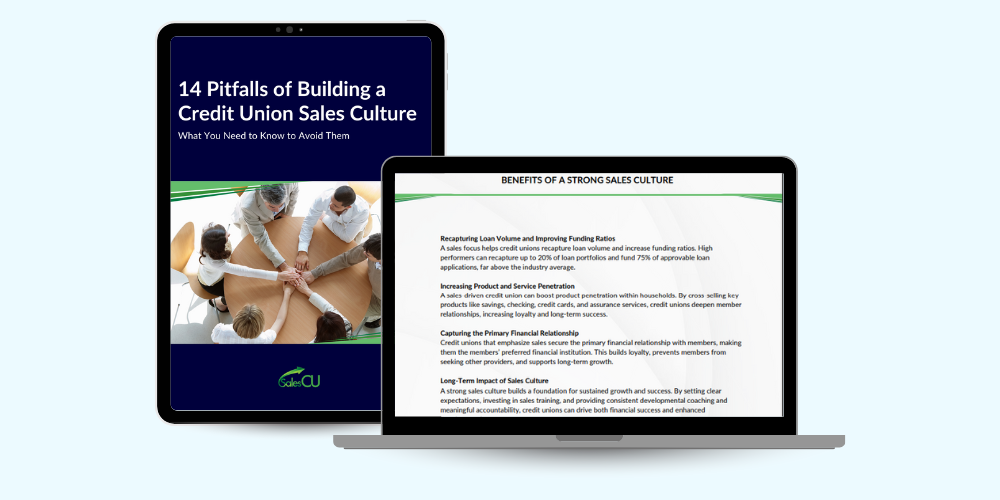“Resilience is not about avoiding the storm but learning to dance in the rain.” — Unknown
Challenges are inevitable in the life of a credit union executive. The true measure of success doesn’t lie solely in how well you tackle these challenges, but in how you emerge on the other side to become a stronger, smarter, more capable leader who is better prepared for the next set of challenges that come along. You achieve these results through the power of resilience.
Understanding resilience
Resilience is defined as the capacity to recover quickly from difficulties and adapt in the face of adversity, trauma, tragedy, threats or significant sources of stress.
Some may think of resilience as another word for endurance, but there is a difference between these two traits. Whereas endurance is the ability to persevere in the face of hardship or challenges without yielding, resilience goes a step further. Resilience speaks to your ability to bounce back and recover quickly from hardships or challenges. If you are resilient, you adapt well and thrive despite the challenges you have faced. You may even learn some valuable lessons and grow stronger in the process.
Components of resilience
Resilience is a combination of physical, mental and emotional characteristics that help you address adversities you may experience in your professional and personal life. Among the character traits consistent with resilience are:
- Mental and emotional strength: The ability to remain calm and composed under pressure, effectively manage emotions and maintain a positive outlook.
- Adaptability and flexibility: The capacity to adjust to new circumstances, pivot strategies and embrace change as a part of life.
- Persistence and determination: The drive to keep going despite obstacles, maintaining focus on goals and working steadily towards them.
Those who strive to be resilient will likely experience personal and professional benefits.
Personal benefits
- Improved mental health: Reduced risk of depression, anxiety, and other stress-related disorders.
- Enhanced ability to cope with stress and adversity: More effective management of life's challenges and stressors.
- Increased knowledge: Resilience through a challenge often leads to learned lessons and gathered knowledge along the way.
- Greater life satisfaction and happiness: Increased overall sense of well-being and fulfillment.
Professional benefits
- Increased productivity and performance: Enhanced ability to stay focused, motivated and efficient, even under pressure.
- Better problem-solving and decision-making: Improved critical thinking and creativity in finding solutions to complex problems.
- Stronger leadership and teamwork skills: Greater capacity to lead by example, inspire others and collaborate effectively.
Developing resilience
Resilience is not strictly an innate trait; it is a skill that can be learned and developed over time. You can build resilience by embracing a growth mindset, which includes viewing the challenges you face as opportunities to grow and believing in your ability to improve through effort and learning.
Cultivating optimism and positive thinking will also help you become more resilient. In any challenge you face, focus on the positives. Think about how the challenge will enable you to hone your skills, build a collaborative team and solve a problem for your members. When the going gets tough, maintain hope and an upbeat attitude. Envision successful outcomes, and with that vision as your guiding light, work hard to make these outcomes a reality.
Here are a few practical strategies for becoming more resilient:
- Set realistic goals and expectations. Establish achievable objectives and break them down into manageable steps.
- Develop strong social connections and support systems. Cultivate relationships that provide emotional support and practical help. You’re far more likely to emerge stronger from a challenge when you have people to lean on rather than having to go it alone.
- Practice self-care and mindfulness. Engage in activities that promote physical, mental and emotional well-being, such as exercise, meditation and hobbies.
- Learn from setbacks. In any situation that did not have a desired outcome, analyze what went wrong, extract valuable lessons and use them to improve future performance.
Implementing resilience in daily life
Resilience isn’t something that you develop solely during times of challenge or adversity. Strive for resilience daily so that you’re prepared to face challenges whenever they occur. To become more resilient, follow these actionable tips:
- Start the day with a positive routine. Among the best habits include morning affirmations, mindful meditation, breathing techniques and early morning exercise.
- Prioritize health. Cultivate healthy habits that will help keep you in the best physical and mental shape, including regular exercise, healthy diet, adequate sleep and building a supportive social network.
- Create a daily to-do list: Get away from the daily “fire drills” by knowing what you need to accomplish every day. When you avoid turning routine tasks into challenges, you’re less likely to experience burnout and more likely to be resilient for the challenges that cannot be avoided.
- Learn how to identify your stress triggers. Take note of the situations that trigger your stress and develop solutions to counter them, such as the use of planning tools to keep your projects on schedule, deep breathing exercises to help you remain calm in a crisis and the courage to say “no” when your schedule is already overloaded.
- Learn something new. Shift away from challenges by learning something new. It could be a new management technique, a new technology shortcut or even a personal hobby.
- Take time for yourself. Read books, watch movies, have a spa day, play golf, take a vacation or do other things you enjoy to reduce burnout and keep yourself invigorated for whatever challenges lie ahead.
Making resilience key to you and your team
Developing your resilience is most often a personal journey, but as a credit union leader, you can share habits and strategies with your team that will help them become more resilient, too. When the team has to tackle a challenge together, offer encouragement and affirmations that indicate your belief in their abilities. Offer them “kudos” when they succeed. Include resilience in your credit union language. The more it becomes a principle within your workspace, the better you and your team will become at keeping it top of mind during the difficult times.
The superpower of resilience will help you emerge stronger on the other side of any challenge. Whether dealing with professional challenges or personal ones, believe in the power of your own resilience to become a better leader on behalf of your credit union.








